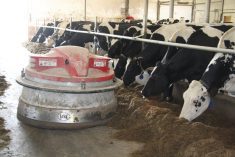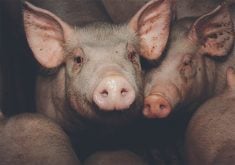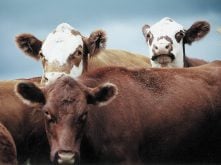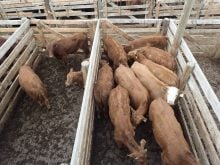CALGARY — Tripartite stabilization programs are on their way out and the program for lamb producers is the most recent termination.
All provinces participating in the lamb stabilization program have agreed to end the support program by Feb. 28, 1994 rather than the original termination date of Feb. 29, 1996.
Alberta is also ending its lamb feedlot program Feb. 28. Exclusive to Alberta, producers and the provincial government paid the premiums for this program.
No money will be returned to producers from the tripartite program.
“The account will end up in a deficit. Alberta’s share of that deficit is about $1.4 million,” said Ken Moholitny, who directs Alberta’s support programs. The deficit will be split between the federal and provincial governments.
Read Also
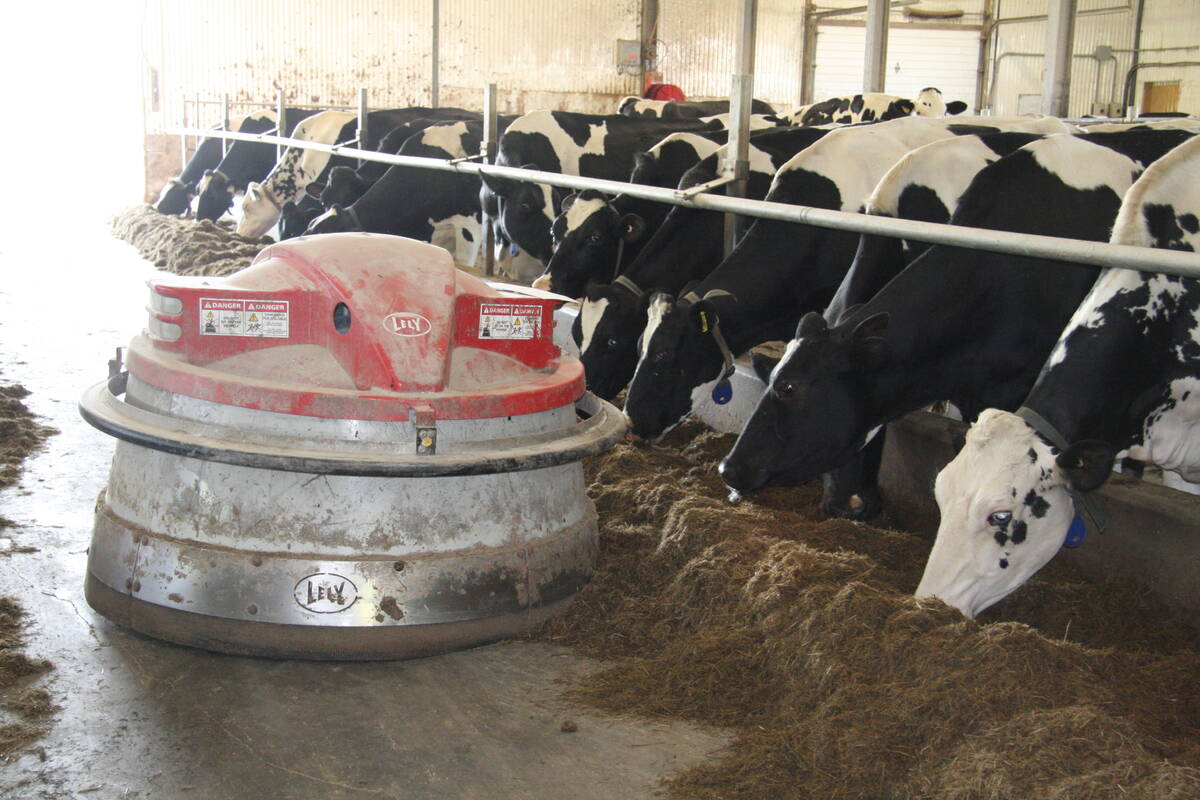
Partnerships, communication key to disease management
Communication and strong, trusted partnerships are key to managing infectious diseases like Foot and Mouth Disease and HPAI.
A world trade environment that frowns on direct commodity insurance programs prompted the lamb industry and others involved in tripartite programs to terminate that style of safety net.
Violates GATT rules
“The movement is under way to look at and perhaps eliminate these commodity-based programs which are not acceptable under the new GATT rules,” Moholitny said.
Pork producers are meeting March 8 to discuss ending their program by June 30, said Martin Rice of the Canadian Pork Council.
Each province administers its own program so some will end with surpluses.
“In overall the account is at balance right now… and by the end of June virtually every province with the exception of one or two would be out of their deficits,” Rice said. Any remaining deficits will be quite small, he said.
The pork producers have faced numerous countervail challenges from the American industry, partly because of the tripartite program. With the settlement of the General Agreement on Tariffs and Trade the industry has decided to end tripartite and consider a transition program, as well as whole-farm income protection for the future.
The bean industry also has a tripartite program which it is considering winding down by the end of the crop year, said Moholitny.
Tripartite programs were set up to stabilize producer returns and reduce the risks caused by fluctuating prices and costs. Producers’ premiums were matched by the provincial and federal governments and deposited into national accounts. Payments were triggered when cash margins fell below long-term average prices.



